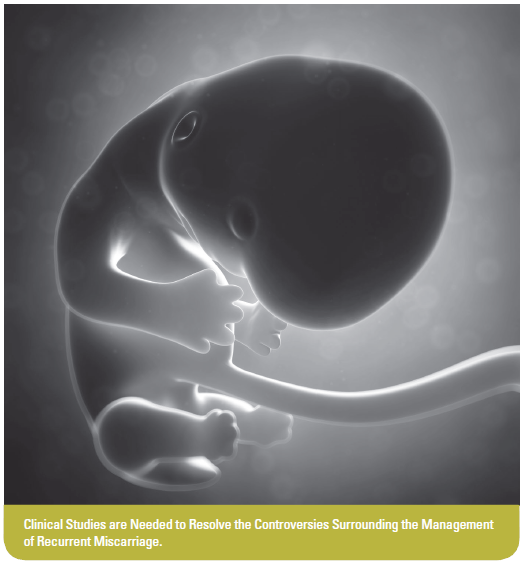
Levels of post-traumatic stress, anxiety and depression are high in women following early pregnancy loss, reveals a study. Distress wanes over time but remains at clinically important levels at 9 months.
Of the 1,098 women with early pregnancy loss (including 537 miscarriages and 116 ectopic pregnancies), 737 (67 percent) participated, including 171 of 187 controls (91 percent). Overall, 492 women with losses (67 percent) completed the Hospital Anxiety and Depression Scale (HADS) after 1 month, 426 (58 percent) after 3 months and 338 (46 percent) after 9 months; 87 controls (51 percent) participated.
Twenty-nine percent of women with early pregnancy loss after 1 month and 18 percent after 9 months (odds ratio [OR] per month, 0.80, 95 percent confidence interval [CI], 0.72–0.89) met the criteria for post-traumatic stress.
Twenty-four percent of women reported moderate/severe anxiety after 1 month and 17 percent after 9 months (OR per month, 0.69, 95 percent CI, 0.50–0.94). Moderate/severe depression was reported in 11 percent and 6 percent of women after 1 and 9 months, respectively (OR per month, 0.87, 95 percent CI, 0.53–1.44).
The proportions of women reporting post-traumatic stress, anxiety and depression after miscarriage were 16 percent, 17 percent and 5 percent, respectively. The corresponding figures after ectopic pregnancy were 21 percent, 23 percent and 11 percent.
Among control women with viable pregnancies, 13 percent reported moderate/severe anxiety (OR loss at 1 month vs controls, 2.14, 95 percent CI, 1.14–4.36), and 2 percent reported moderate/severe depression (OR loss at 1 month vs controls, 3.88, 95 percent CI, 1.27–19.2).
This prospective cohort study recruited consecutive women from the early pregnancy and antenatal clinics at three London hospitals. Participants received emailed surveys containing standardized psychologic assessments that included the HADS and Post-traumatic Stress Diagnostic Scale at 1, 3 and 9 months after pregnancy loss. Controls were evaluated following a dating scan.